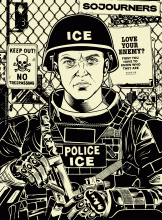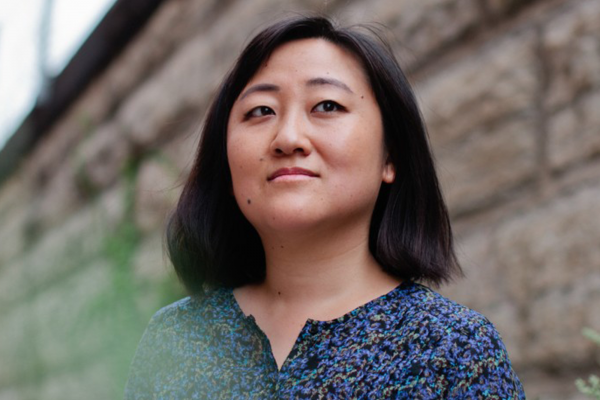“AFTER THE END came the Beginning.” This is how we enter the world of Ling Ma’s debut novel Severance: in the liminal space between end and possibility. In a narrative that alternates between aftermath and memory, we find a stark reflection of our present.
Protaganist Candace Chen works for a book production company, and her specialty is the acquisition of Bibles. Tedious office work. She has lost her parents, recently left a relationship, and lives alone in Manhattan when news of a spreading illness—Shen Fever—erupts. The fever begins in China, in a region that produces the Gemstone Bible, one of Candace’s specialty Bibles. Before and during this outbreak, work, for Candace, is at once sustenance and distraction.
Who can live outside capitalism? Jonathan, Candace’s ex, certainly tries. But that is not the life Candace wants—or, rather, that is not the life her immigrant parents raised her to want.
Read the Full Article

